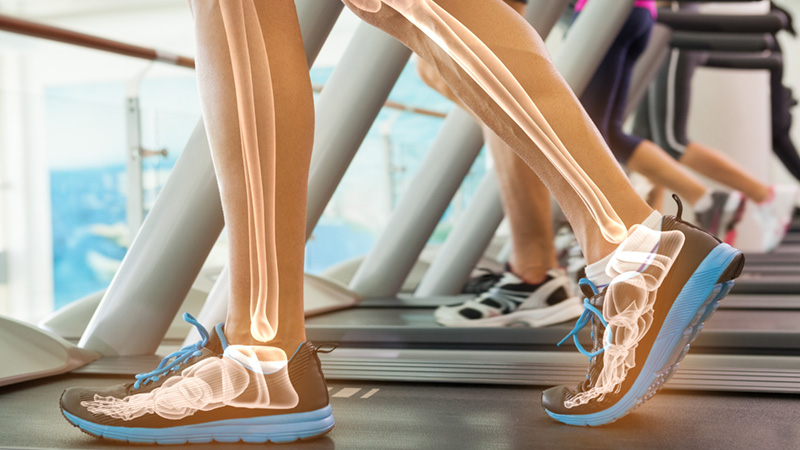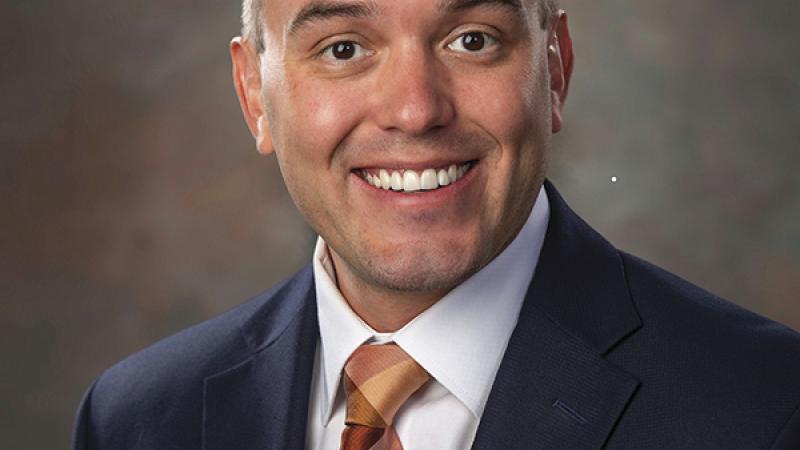
October 10, 2023
There are 206 bones in our body and each plays a critical role in protecting our organs, providing structure and giving a good anchor for our muscles to cling on to. This is why maintaining good bone health is so important. Did you know that our bones are constantly changing and growing? It’s hard to wrap your head around because to most of us, our bones seem hard and motionless. But that’s quite the opposite. Just like our skin, our bones are living, growing tissue that needs attention and care to remain effective at its job.
Osteoporosis is a common health condition that causes your bones to become weak and brittle, or “low density.” According to the Bone Health & Osteoporosis Foundation, 54 million Americans are impacted by this condition and the disease is responsible for an estimated two million broken bones every year.
One common misconception is that osteoporosis only affects elderly white women. While it’s true that the disease most commonly impacts this demographic, it does not discriminate and can impact both men and women at any age. Being proactive about our bone health in our 20s, 30s and 40s is key. It is much easier to prevent developing low bone density compared to reversing it later on. So, what can you do to maintain good bone health? Know the facts about osteoporosis, take steps to keep your bones strong and healthy, and know what to look out for when assessing your own bone health is a great first step to keeping you healthy.
What impacts bone health?
Vitamins and diet: Like most health advice, maintaining a well-balanced diet with plenty of fruits and vegetables rich in calcium and vitamin D is great for maintaining long-term bone health.
Exercise: It’s no secret that squeezing in at least 30 minutes of exercise each day is great for your overall health. Specific to maintaining or increasing bone health though, incorporating muscle-strengthening and weight-bearing exercises can help build bone density.
Smoking and alcohol: In general, it is good health advice not to smoke and to use alcohol in moderation. According to Mayo Clinic, research suggests that tobacco use and excessive alcohol intake can contribute to weak bones.
Some medications: Long-term use of certain medications can impact your bone health. Contrarily, there are medications that can be prescribed to help you build bone density. If you have questions about medications, be sure to speak with your provider.
Your individual makeup and family history: Your physical size, gender, age, race, hormone levels, family history and more can all affect your bone health. Keep these factors in mind as you assess your risk for bone disease.
Osteoporosis is known as a “silent” disease because often folks don’t know they have low bone density until they have broken a bone. Knowledge is power. Be sure to speak with your provider if you have questions or concerns about your bone health.
Dr. Kelsey Hoffman is a Primary Care Provider at St. Peter’s Health. She earned her Doctor of Medicine at the Midwestern University - Chicago College of Osteopathic Medicine and completed her fellowship and residency in the Montana Family Medicine Residency Program. Dr. Hoffman is a board-certified member of the American Board of Family Medicine and the American Board of Family Medicine-Sports Medicine.


